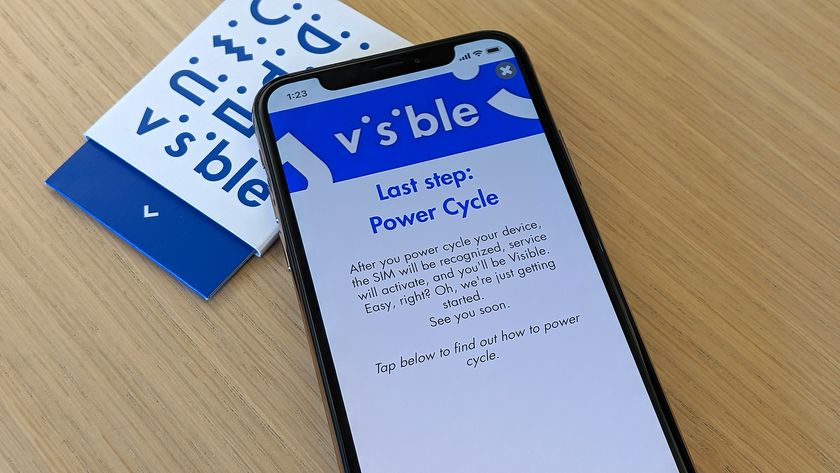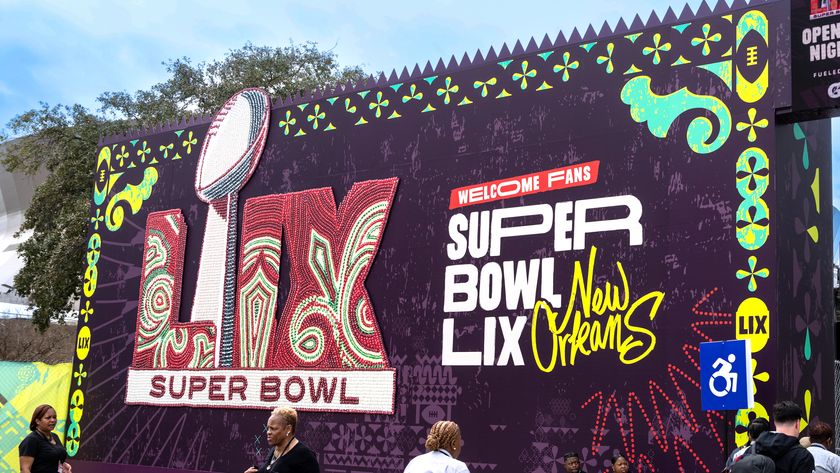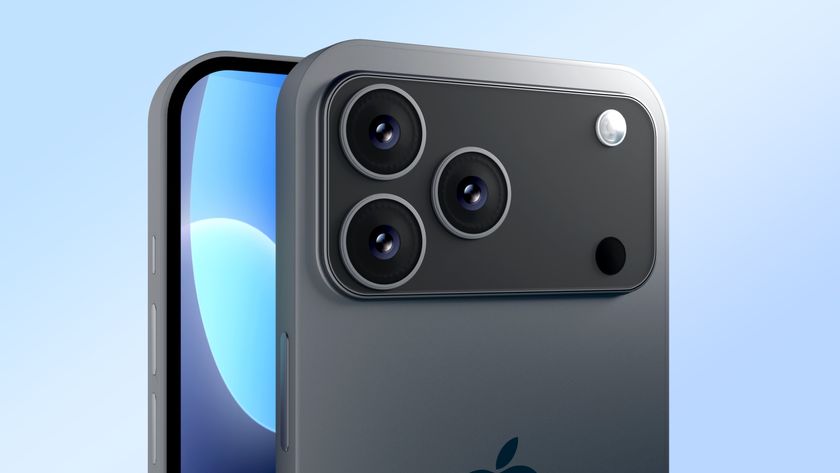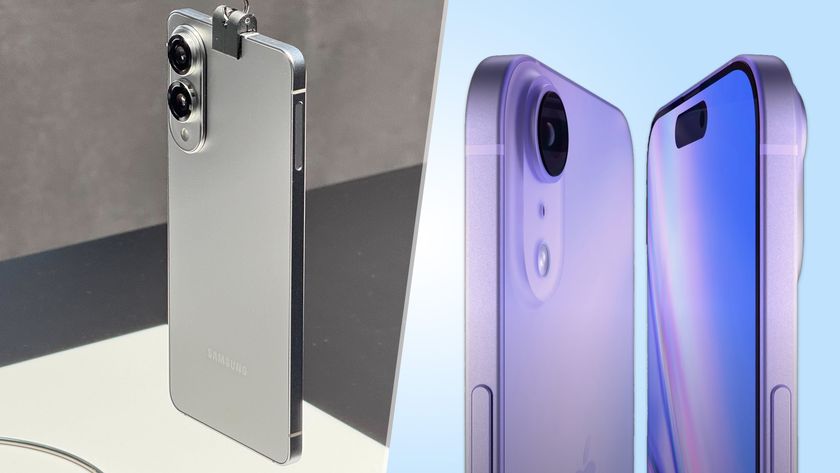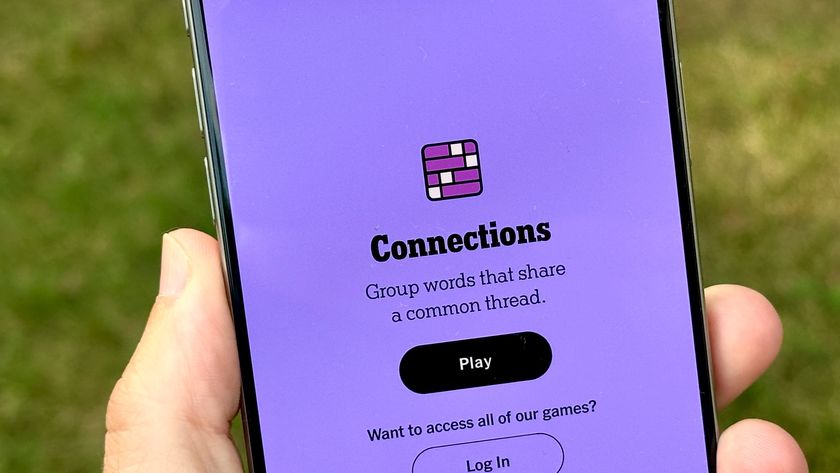T-Mobile-Sprint Looks Like a Done Deal: 5 Big Questions About the Merger
Here's what to look for if the merger of T-Mobile and Sprint goes through
More than a year after Sprint and T-Mobile announced plans to join forces, we could finally find out if this merger of wireless carriers is going to get the regulatory green light that both companies have been seeking.

Multiple reports say that a decision on the merger is coming this week, and it's looking good for the combined company that plans to bill itself as New T-Mobile. Fox Business Network says that regulators are on the verge of OKing the merger while CNBC reports that an announcement could come as soon as Wednesday (July 24).
Should T-Mobile and Sprint get the go-ahead from the U.S. Department of Justice, there will be a lot of questions the combined carrier will need to answer for current and potential customers. And while we expect a lot of those details to emerge fairly soon after the merger's approval, here are the things to keep an eye on should T-Mobile and Sprint form a combined company?
Who's going to emerge as a new fourth nationwide carrier?
This has apparently been the sticking point in the Justice Department's regulatory review up until now. While T-Mobile and Sprint have argued that joining forces is the only way for them to compete with market leaders Verizon and AT&T, regulators have worried that removing one of the Big Four carriers will lead to less choice — and potentially higher prices — for consumers.
The apparent solution? Just add a new member to the Big Four.
Based on reports, that new entry appears to be Dish, which would be in a position to snap up spectrum that a merger agreement forces T-Mobile and Sprint to divest. Dish would have access to the T-Mobile/Sprint network for a set period of time while it builds up its own nationwide network.
Deutsche Telekom, which owns T-Mobile, had been worried about Dish using its newfound access to T-Mobile's spectrum to attract a more formidable buyer — Comcast, say, which operates a mobile network of its own in the form of Xfinity Mobile. But the most recent reports suggest those concerns have either been resolved or that Deutsche Telekom is willing to live with that possibility if it means that the merger goes through.
Sign up to get the BEST of Tom's Guide direct to your inbox.
Get instant access to breaking news, the hottest reviews, great deals and helpful tips.
Should the Justice Department give its blessing to the combination of Sprint and T-Mobile, we'd expect details on just how a Dish-operated mobile carrier would work and when it would launch right away.
What happens to Boost?
The Justice Department isn't the only government entity that has to sign off on the Sprint/T-Mobile merger. The Federal Communications Commission has to OK the deal, too. But it gave the FCC gave tentative approval back in May, and the fate of prepaid carrier Boost Mobile is at the center of that thumbs up.
Boost is currently owned by Sprint, using the wireless network of its parent company to provide prepaid wireless service to customers who either balk at paying the prices charged by Big Four carriers or who don't want to submit to the credit check required by postpaid wireless service. But Sprint also owns and operates Virgin Mobile US while T-Mobile controls Metro By T-Mobile (formerly known as MetroPCS). That's one prepaid brand too many as far as regulators are concerned, so New Mobile has promised to sell off Boost once the merger goes through.
It's unclear whether Boost will be swallowed up by Dish under this divesture plan or whether New T-Mobile would open the bidding to other would-be buyers. T-Mobile and Sprint have promised that it would submit a name of Boost's buyer within 120 days of the merger going through, and that Boost traffic wouldn't be slowed or de-prioritized once it has a new owner.
What happens to existing T-Mobile and Sprint customers?
Well, that's the $70-a-month or so question for current subscribers. And customers mulling a jump to New T-Mobile are going to be curious as to what rates the combined carrier will offer and what customer perks might be made available.
Back in February, Sprint and T-Mobile executives promised that rates would remained unchanged, committing to offering "the same or better rate plans" for the next three years. The companies reaffirmed that commitment in May to win the FCC's favor.
MORE: Best Cell Phone Plans: Where Sprint and T-Mobile Rank
The exact details on what that means — will you be locked in at your exact rate of service at the time of the merger for the next three years or some other approach? — are going to need to come out just as soon as the ink is dry on the merger's regulatory approval.
What about carriers that use Sprint and T-Mobile's networks?
Sprint and T-Mobile subscribers aren't the only ones who benefit from the carriers' respective networks. Both Sprint and T-Mobile also rent out space on their networks to mobile virtual network operators (MVNO), who are able to offer low-cost nationwide coverage to their customers.
It will take some time after the merger goes through to see what a combined Sprint and T-Mobile will mean for MVNOs and the people who subscribe to those lower-cost services. But hopefully we'll start to see some clarity on what a merged company will mean for customers who get their wireless service from other providers.
Already the uncertainty surrounding the merger has affected one low-cost carrier — Ting said that it's ending its contract with T-Mobile at the end of the year. Ting will continue to use Sprint's network, re-upping its contract with that carrier through September 2020, and it's also going to add Verizon as a network partner later this year.
Besides Ting, MVNOs that use the networks of either Sprint or T-Mobile include Mint, Republic Wireless, Simple Mobile, Tello and TextNow. Google's Project Fi uses both carriers' networks in addition to US Cellular. FreedomPop and Unreal Mobile both Sprint in addition to AT&T, while Consumer Cellular uses T-Mobile in addition to AT&T. US Mobile offers service through both T-Mobile and Verizon.
How will this affect T-Mobile's 5G plans?
The new 5G networking standard has been at the heart of the argument both T-Mobile and Sprint have made for joining forces — only a combined company will be able to build out a competitive 5G network fast enough, the carriers have argued. And based on media reports, that's been good enough for the Trump administration, which has indicated that it's eager for the merger to go through.
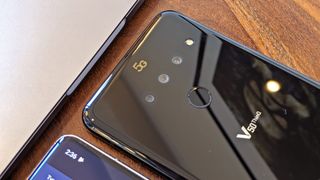
Both Sprint and T-Mobile have already rolled out 5G networks in some markets. Sprint's 5G service is now available in Atlanta, Dallas, Kansas City, Houston and Chicago, while T-Mobile's 5G service launched in six cities at the end of June. The two carriers are taken different approaches to get their 5G networks live — Sprint is relying on 2.5-GHz technology while T-Mobile is going with millimeter-wave initially before incorporating more low-band spectrum to build out coverage.
Philip Michaels is a Managing Editor at Tom's Guide. He's been covering personal technology since 1999 and was in the building when Steve Jobs showed off the iPhone for the first time. He's been evaluating smartphones since that first iPhone debuted in 2007, and he's been following phone carriers and smartphone plans since 2015. He has strong opinions about Apple, the Oakland Athletics, old movies and proper butchery techniques. Follow him at @PhilipMichaels.

